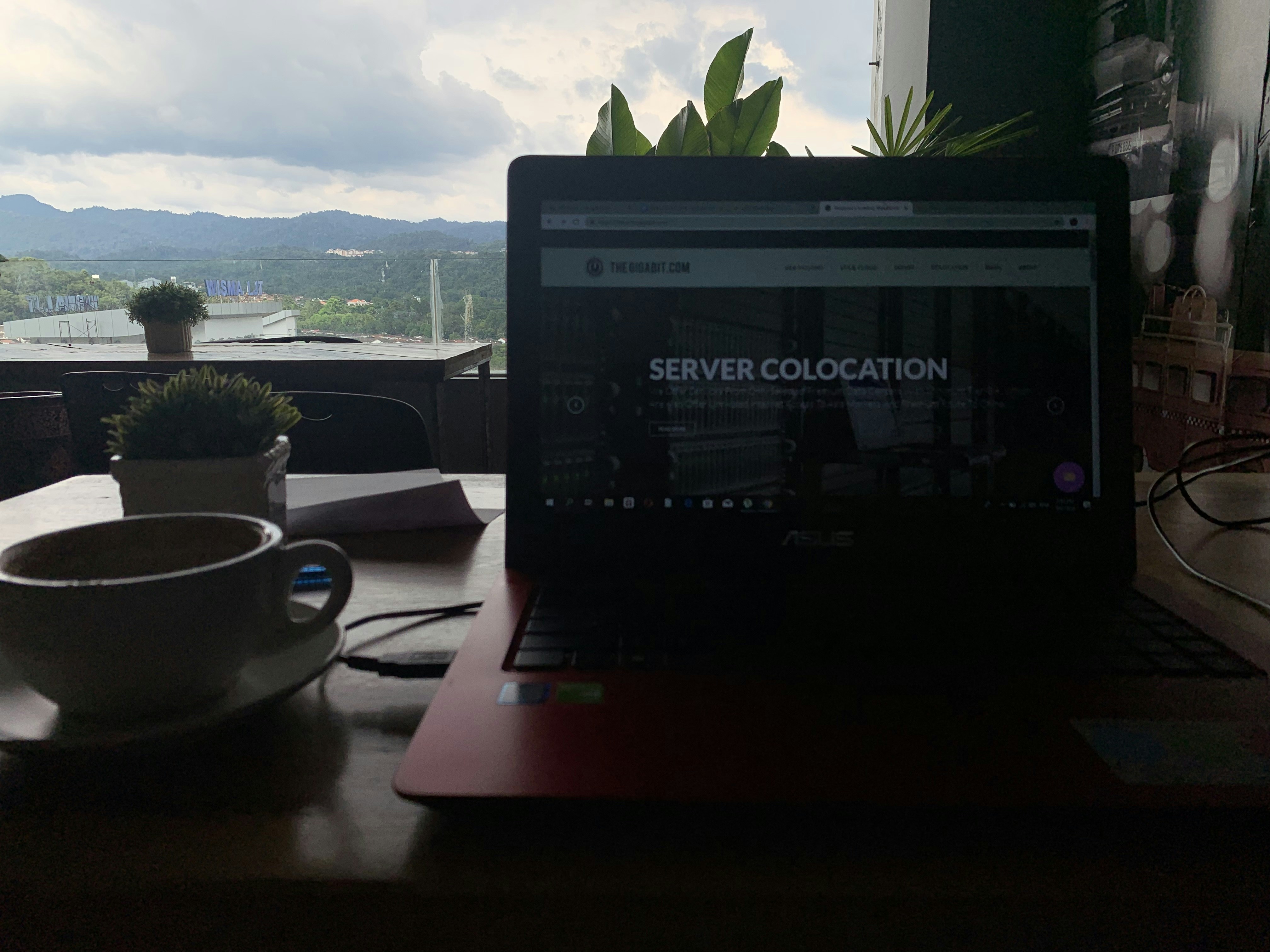
Not too long ago, safety agency Sucuri revealed a bank card skimming assault concentrating on WooCommerce e-commerce web sites. Sucuri found the assault after an internet site administrator observed the weird exercise and requested their help in investigating. The investigation revealed that the assault occurred on Could 11th, utilizing a comparatively unpopular WordPress plugin known as Dessky Snippets. The plugin’s obtain quantity spiked on that day, indicating that many web sites might need been affected.
The attackers exploited a vulnerability within the Dessky Snippets plugin to hold out the assault. Dessky Snippets is a plugin used to handle and execute code snippets on an internet site. The attackers used this plugin’s performance to inject malicious PHP code into the affected web site. When customers make transactions on the contaminated ecommerce website, the malicious code logs the entered bank card information, together with the bank card quantity, expiration date, and CVV safety code. The attackers can use the stolen information for unlawful actions, equivalent to fund theft or bank card fraud.
To hide the assault, the attackers additionally disabled the browser’s auto-fill function, which retains the fields clean till the person enters the information, thus tricking customers into getting into delicate info associated to on-line transactions. It additionally avoids the browser’s warning message that seems when a person enters delicate information.
To guard web sites from such assaults, listed below are some really helpful safety measures:
- Maintain plugins and themes up-to-date: Be sure that your WordPress plugins and themes are up to date to the most recent model and examine for updates recurrently.
- Obtain plugins from trusted sources: Use the official WordPress plugin listing or respected third-party marketplaces to obtain plugins.
- Carry out common safety scans: Use safety plugins or run safety scans in your web site to detect potential vulnerabilities and malware.
- Monitor web site exercise: Frequently examine your web site logs and exercise data for any suspicious exercise or unauthorized adjustments.
- Use respected plugins and themes: Select plugins and themes from dependable builders with good opinions.
- Safe passwords: Use robust and distinctive passwords to guard your WordPress admin account and different person accounts.
- Frequently backup your web site: Again up your web site and information recurrently to forestall potential information loss or ransomware assaults.



